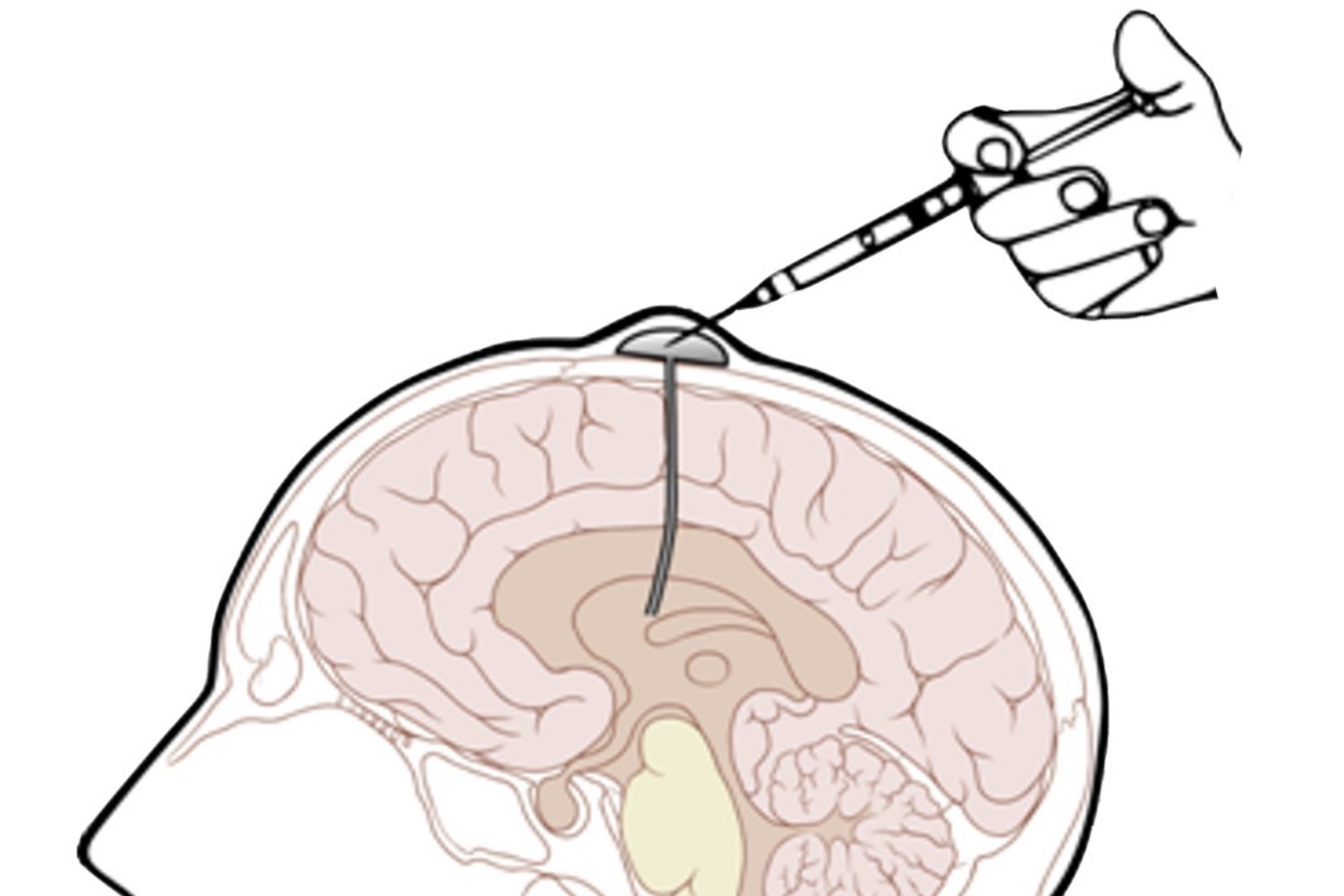Successful trials of one of its cancer killing technologies has given Chimeric Therapeutics the confidence to pull the trigger and lock in the Clinically validated, Off the shelf, Robust, Enhanced Natural Killer, or “CORE-NK” platform that targets blood cancers and solid tumours. The company has kicked off negotiations to convert the option it had over the CORE-NK into an exclusive, global commercialisation licence to develop multiple next-generation NK and Chimeric Antigen Receptors or “CAR” NK products.
The company’s CAR T-cell therapy uses a patient’s blood, puts it through the company’s proprietary protein therapy and then reinjects the patient, where the “reprogrammed” blood cells exclusively attack the cancer cells, in this case the highly lethal glioblastoma brain tumours.
Chimeric chair Paul Hopper described the technology as similar to a guided missile or smart bomb designed to specifically and exclusively attack the tumour, with minimal impact on healthy cells.
The recent innovation, the CORE-NK platform, aims to use off-the-shelf, mass-produced cell therapy products from healthy donors, instead of the existing practice of using blood donated from the patient. The off-the-shelf production process has the potential to significantly accelerate the delivery of CAR T-therapies when compared with the previous bespoke procedure.
The CORE-NK technology was developed by the Case Western Reserve University in the United States.
Chimeric had a six-month exclusive option period to hit a number of agreed milestones and will now negotiate an exclusive manufacturing licence with Case Western Reserve.
From the CORE-NK platform, Chimeric will initiate development of four new next-generation NK and CAR NK projects, with plans for phase one clinical trials in solid tumours and blood cancers.
The CORE-NK platform, referred to as CHM 0201 in Chimeric’s pipeline of cellular-based cancer treatments, was clinically validated in March in phase one clinical trials and determined the safety and effectiveness in treating blood cancers and solid tumours.
The company said the tests have proved CORE-NK had a positive safety profile with no sign of possible side effects such as graft versus host disease, cytokine release syndrome, or dose limiting toxicities.
The analysis centred on nine heavily pre-treated patients with blood cancers and solid tumours and were administered two infusions with differing CORE NK dosages.
In addition to minimal side effects, significant numbers of patients showed a reduction or a stabilising of their cancers.
The company says it expects to use the CORE-NK platform whilst leveraging its existing portfolio of CARs to pursue new clinical trials in blood cancers and solid tumours beginning in 2023.
Is your ASX-listed company doing something interesting? Contact: matt.birney@businessnews.com.au














